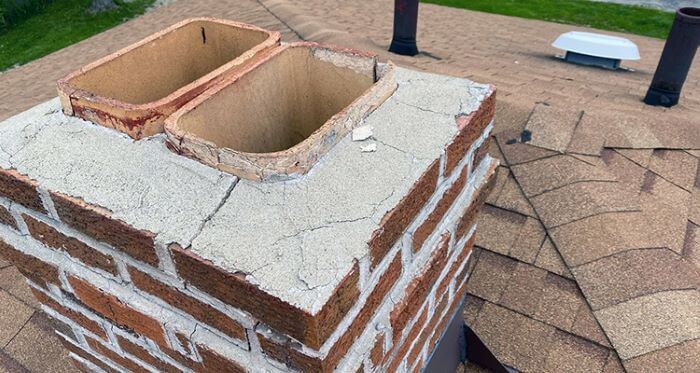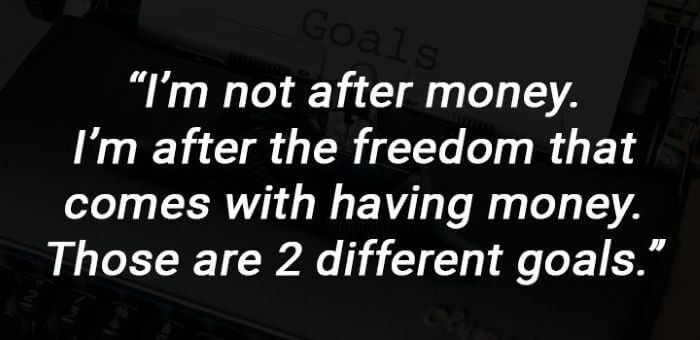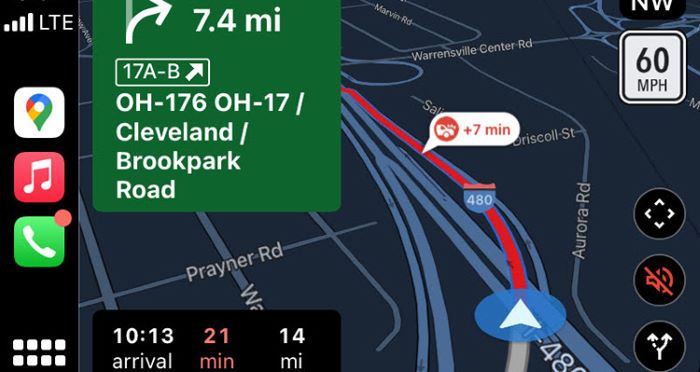I get that buying an out-of-state rental property is profitable.
I get that real estate investing is about maximizing how much your investment returns.
I also get that investing in rental property in an area with lower housing prices, lower property taxes, or better local laws can be “easy” by hiring a property manager instead of managing your rental property yourself.
I understand all of these things and still won’t buy out-of-state rental property – and here’s why:
1. You lose a lot of control

One of my favorite benefits of owning rental property is how much control you have over the outcome compared to other investments (like the stock market).
A lot of the control comes from managing the property yourself. So, while this doesn’t make owning rental property a completely passive investment (like the stock market), it allows you to influence how much success you have.
When buying out-of-state properties, you no longer have the option of being the local property manager. Your choices will be:
- Self-manage the property (not recommended)
- Hire a local property manager
It’s possible to manage the property yourself but it’s not recommended unless:
- you know the area well
- have someone local who can handle the in-person tasks
- have the ability to evaluate/hire/verify work done by the people you hire for making repairs and handling maintenance requests.
If you decide to hire a property management company (recommend), you have to be willing to:
- Pay the property management company their fee
- Be content with their decision-making (they’re in the business of keeping the monthly rent coming in – any decision that doesn’t immediately contribute to that won’t have high priority)
- Have a plan for if that property manager doesn’t work out and you need to hire another one.
2. My goals are different

Many investors in real estate are looking at it solely like a numbers game. They want the highest cash flow possible, passive income, and ultimately want a real estate portfolio that’s retirement-worthy.
Having a rental property is a business but it’s not just a business.
After being a landlord for a few years, my goals for owning rental properties currently include:
- Make enough money to justify the work required. It has to be profitable and justifiable but, past that point, I’m not worried about “maximizing my investment” – especially if it comes with more stress.
- Make the rental property as easy to manage as the financials can support. This means replacing items according to their useful life instead of when it’s an emergency, as well as making improvements that reduce future problems or make things easier to replace (home run plumbing lines, many shut off valves/clean outs, simple HVAC systems, etc..)
- Make living at my rental property a good experience for tenants. There’s very little downside to building a reputation for being a good property manager.
By investing in out-of-state rental property, #2 and #3 on the list above becomes difficult – and the increased work to make #2 and #3 work, may start to impact #1 on the list above.
A property management company is not going to care about #2 as long as they can collect rent without too much hassle. Which isn’t a problem overall, just a problem for me.
They’re also not going to care about #3 unless the tenant is complaining. Which again, isn’t a problem overall – just a problem for me.
While my goals may make investing in rental properties less profitable than they could be if I maximized the financials – I believe everybody should have a “number” that’s acceptable to them instead of trying to get as much as possible.
I think that would create a better world – so that’s what I try to do.
3. More location-specific work
Investing in or managing out-of-state property duplicates a lot of work that you may have already done for your local market.
For the most part, rental property is a rental property. It comes with bedrooms, kitchens, bathrooms, a living room, and possibly additional rooms. It also comes with water, a system for waste disposal, heating, and electricity.
However, big changes come into play when we start talking about real estate markets.
The local real estate market in the out-of-state property’s area may be completely different than what you’re used to or expecting.
The quality of real estate agents may be different, the number of quality tenants may be different, market trends may be different, and more. Even if you learn that the market values, trends, and overall market conditions are the same – you still had to do this due diligence.
But, if you’re a new investor that’s trying to invest in real estate by purchasing your first rental property in a different state, this section might not apply to you. This would be your first time doing this work for any location, so, not a big deal.
Overall
I can absolutely see the appeal of buying out-of-state rental properties in lower-cost-of-living areas and managing the rental property remotely. It’s a profitable opportunity (which is why a lot of real estate professionals do it).
For me, I’ve got my time booked just learning about my local real estate market.
Maybe – if my full-time job was buying rental property and growing my property portfolio, or if it was financially impossible to buy rental properties locally – I’d be more interested.
But as a regular, middle-class landlord – owning property locally can hit all of my goals. So I have no reason for buying rental property in a different state.
But I’ve got no problem growing my investment portfolio with real estate in a different city (as long as it’s local).
Frequently Asked Questions:
How do you manage a long-distance rental/out-of-state property?
The simple way to manage a long-distance rental property is to hire a local property manager to handle the management side for you.
